7 Major Experiments That Still Haven’t Found What They’re Looking For
Nature seems to have a regular penchant for mocking scientists’ hopes and expectations.

Send us a link
Nature seems to have a regular penchant for mocking scientists’ hopes and expectations.

Increased provision of information in accessible repositories appears to be a cost-effective way to advance science. Evidence from a Randomized Control Trial.
Nowhere near enough new drugs are currently in development says a WHO report, which calls for urgent investment and responsible use of existing antibiotics.

Thanks to a $99,000 research grant from the Andrew W. Mellon Foundation.
A set of criteria for the identification of emerging topics is proposed according to the adjusted definition and attributes of emergence.
Crispr inventor Jennifer Doudna talks about discovering the gene-editing tool, the split with her collaborator and the complex ethics of genetic manipulation.
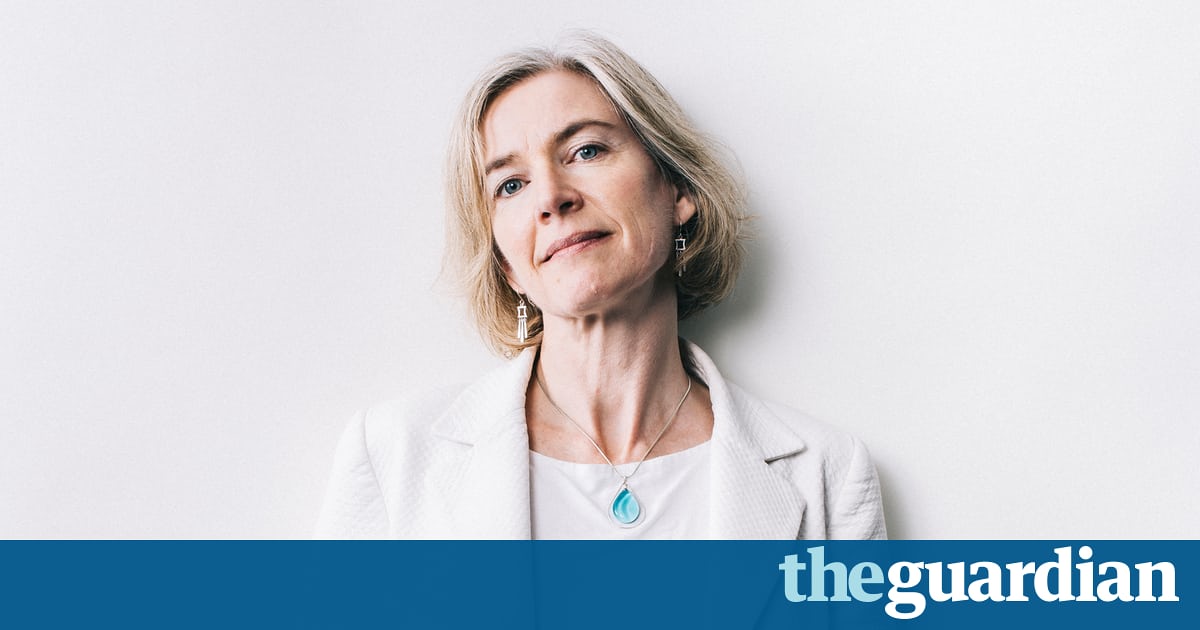
Innovation is critical to sustained economic growth—and mathematics can help us understand how it works
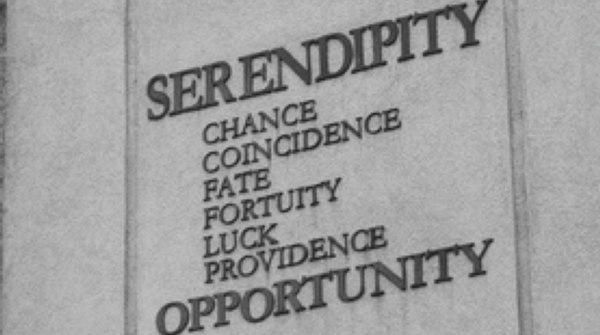
Science is said to be suffering a reproducibility crisis caused by many biases. How common are these problems, across the wide diversity of research fields? We probed for multiple bias-related patterns in a large random sample of meta-analyses taken from all disciplines.
They say they don't have the time or incentives to do research — and that’s dangerous for translational medicine.
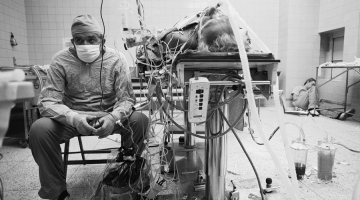
The work force is aging in the United States, and scientists are leading the way. From 1993 to 2008, the share of scientists aged 55 and older increased by nearly 90 percent.
First new outstation in 18 years strengthens city's biomedical profile
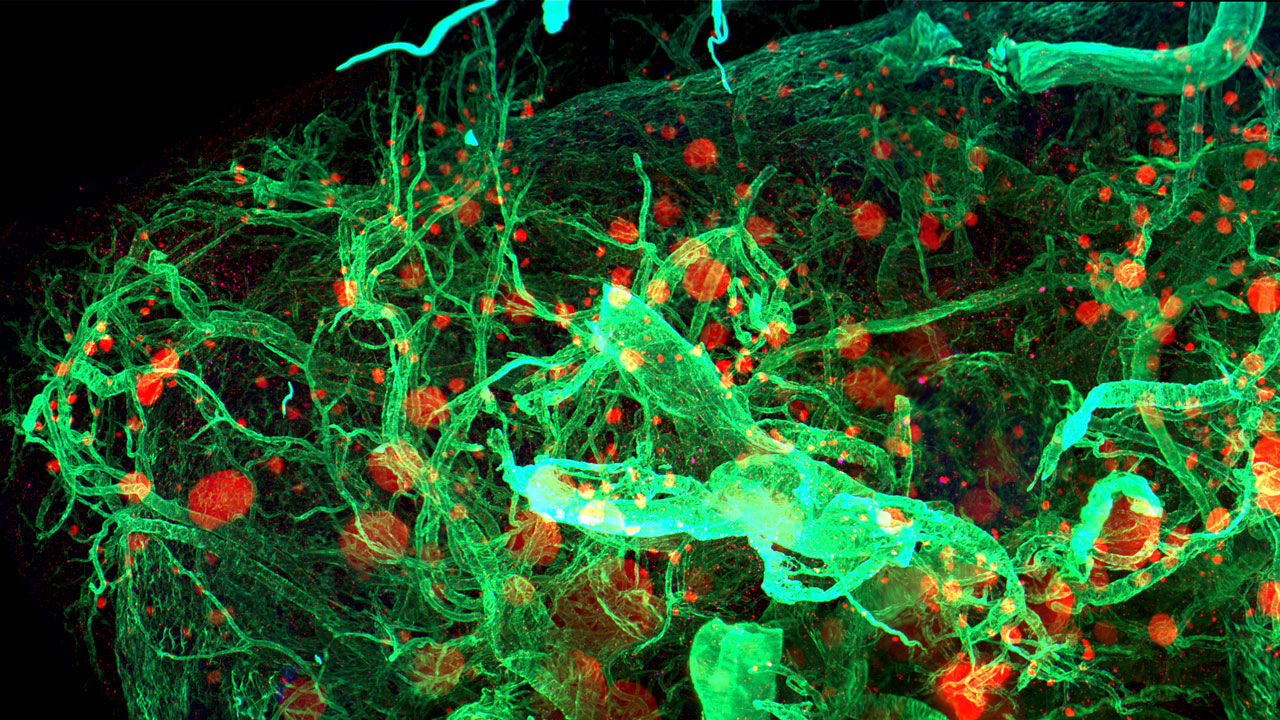
Program brings artificial general intelligence a step closer by using previous knowledge to solve fresh problems

WHO today published its first ever list of antibiotic-resistant "priority pathogens"—a catalogue of 12 families of bacteria that pose the greatest threat to human health.

The legends of mathematics that almost never were.
A current debate about conflicts of interest related to biomedical research is to question whether the focus on financial conflicts of interest overshadows “nonfinancial” interests that could put scientific judgment at equal or greater risk of bias.
Why does a mole rat live 30 years but a mouse only three? With $1.5 billion in the bank, Google’s anti-aging spinout Calico is rich enough to find out.
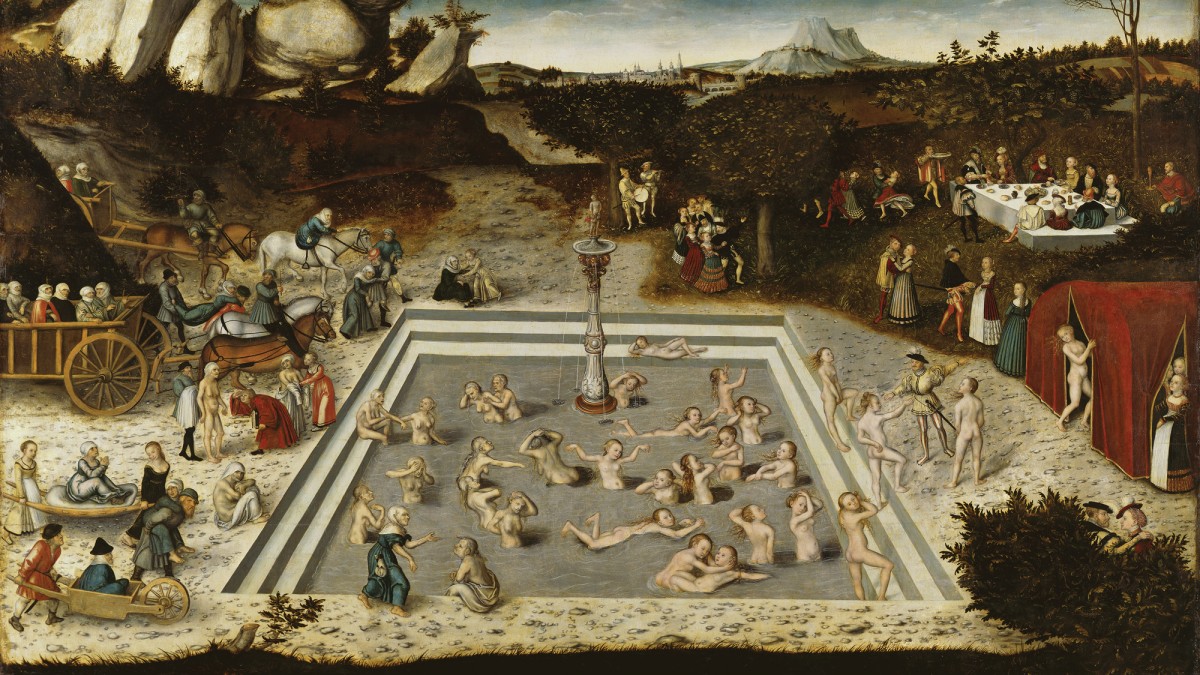
How the research librarian of the future might work, utilising new data science and digital skills to drive more collaborative and open scholarship.

What Francis Crick and Sydney Brenner taught me about being scooped, by Bob Goldstein

When knowledge is uncertain, experts should avoid pressures to simplify their advice. Render decision-makers accountable for decisions, says Andy Stirling.